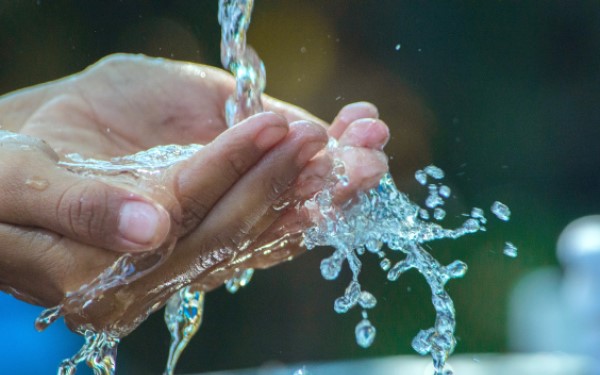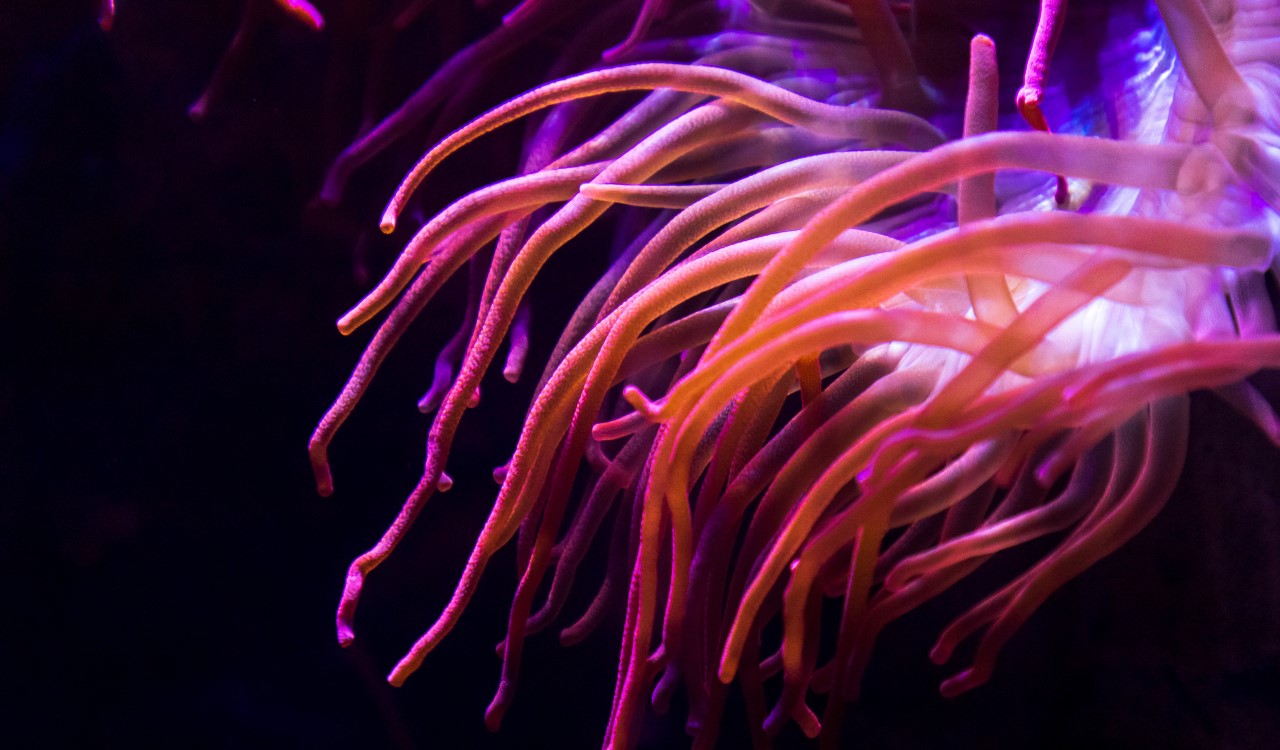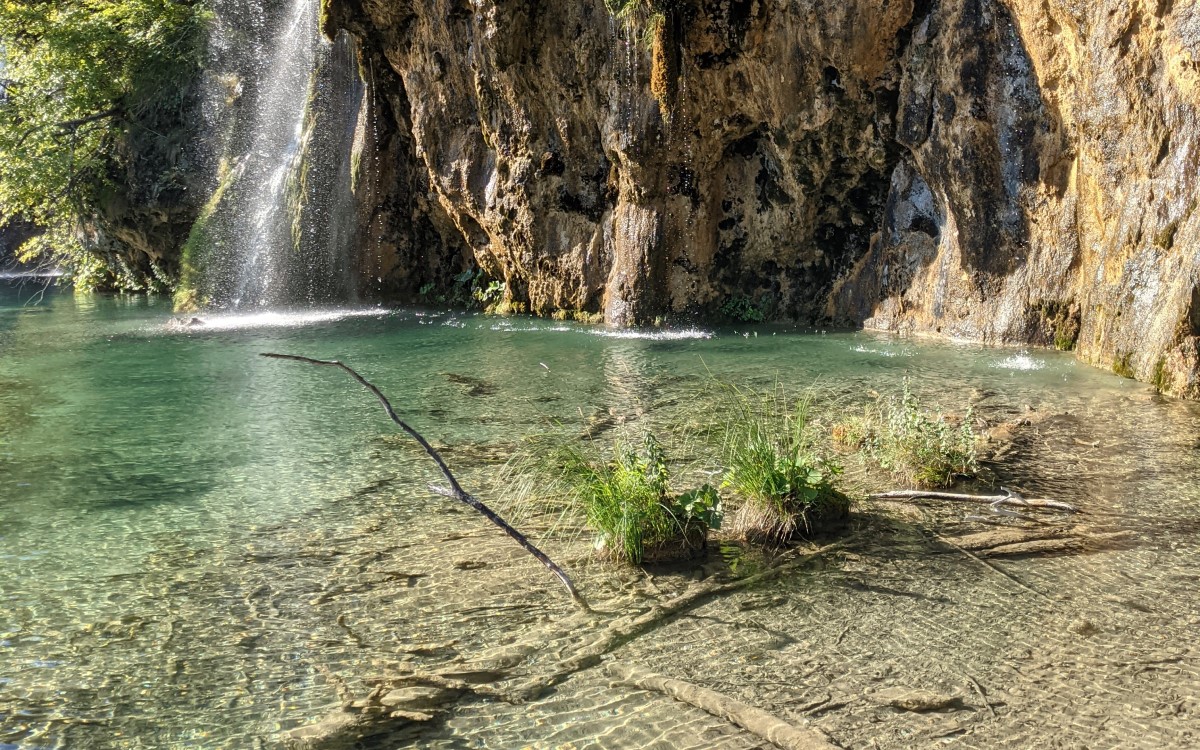07. September 2022 | The 2022 update report on the Sustainable Development Goals (SDGs) from the United Nations (UN) show that providing safely managed drinking water, sanitation and hygiene services is becoming a severe problem. Unless progress picks up speed – dramatically – billions of people will still lack these essential services in 2030. Furthermore water-related ecosystems are being degraded at an alarming rate.
Clean Water and Sanitation
The proportion of the global population using safely managed drinking water services increased from 70 % in 2015 to 74 % in 2020. Still, 2 billion people were without such services that year, including 1.2 billion people lacking even a basic level of service. Frequent and proper hand hygiene is essential to containing COVID-19 and controlling other infectious diseases. Yet, over 1 in 4 people still lack access to handwashing facilities with soap and water at home. Universal access to drinking water, sanitation and hygiene is critical to global health. To reach universal coverage by 2030, progress would need to increase four times as much. Achieving these targets would save 829,000 lives annually. This is the number of people who currently die each year from diseases due to unsafe water, inadequate sanitation and poor hygiene practices.
Wetlands lost at an alarming rate
Wetlands are considered the most biologically diverse of all ecosystems and are breeding grounds for 40 per cent of the world’s plant and animal species. Unsustainable use and inappropriate management of wetlands not only result in the loss of ecosystem services but can also pose direct risks, including disease. Moreover, the degradation of wetlands releases stored carbon, fuelling climate change. Over the past 300 years, over 85 per cent of the planet’s wetlands have been lost, mainly through drainage and land conversion, with many remaining wetland areas degraded. Since 1970, 81 per cent of species dependent on inland wetlands have declined faster than those relying on other biomes, and an increasing number are facing extinction.
Other water-related ecosystems across the planet – such as lakes, rivers and reservoirs – are also changing rapidly. One in five river basins have experienced high (i.e., above natural) fluctuations in surface water over the past five years. Population growth, changes to land cover and land use, and climate change are key drivers of these changes. Urgent efforts are needed to protect them and to prevent further degradation of these precious biological habitats.
The Sustainable Development Goals Report 2022 is the only UN official report that monitors global progress on the 2030 Agenda for Sustainable Development. Using the latest available data and estimates, The report gives the global community a reality check on the devastating impacts of multiple crises affecting people’s lives and livelihoods.
Read full report or visit the website







